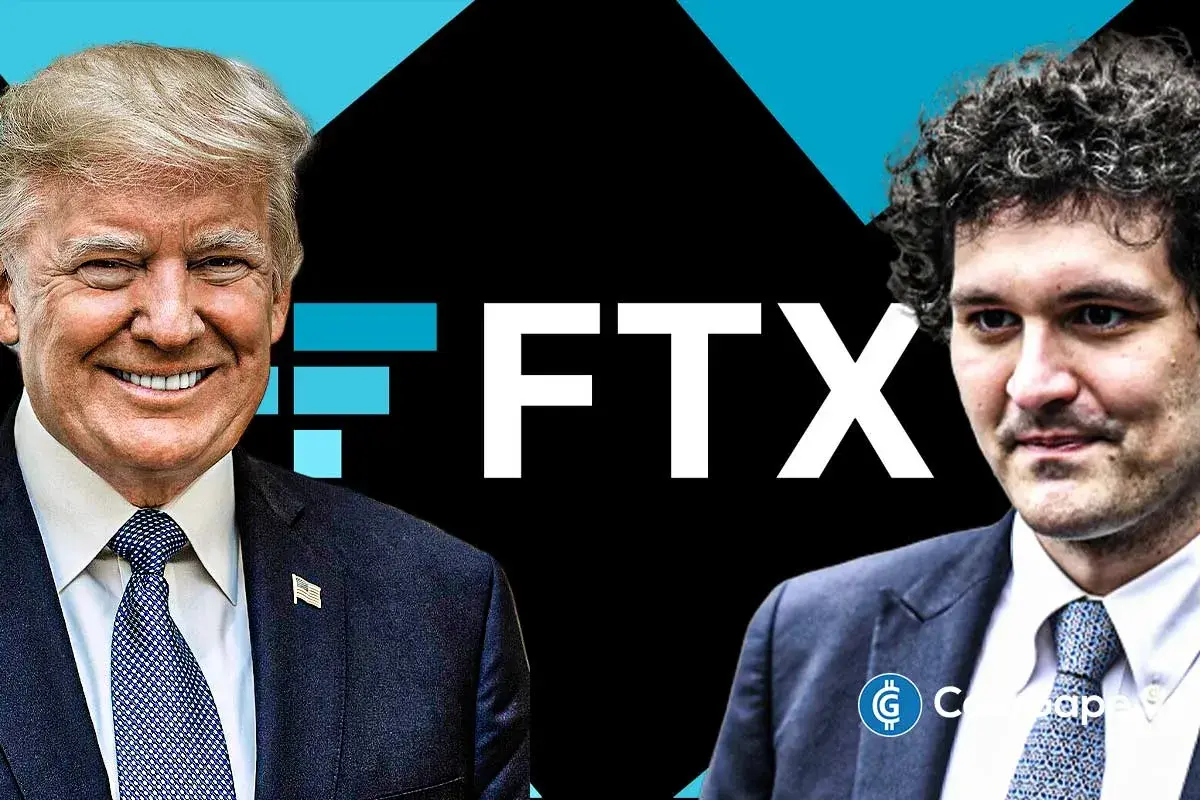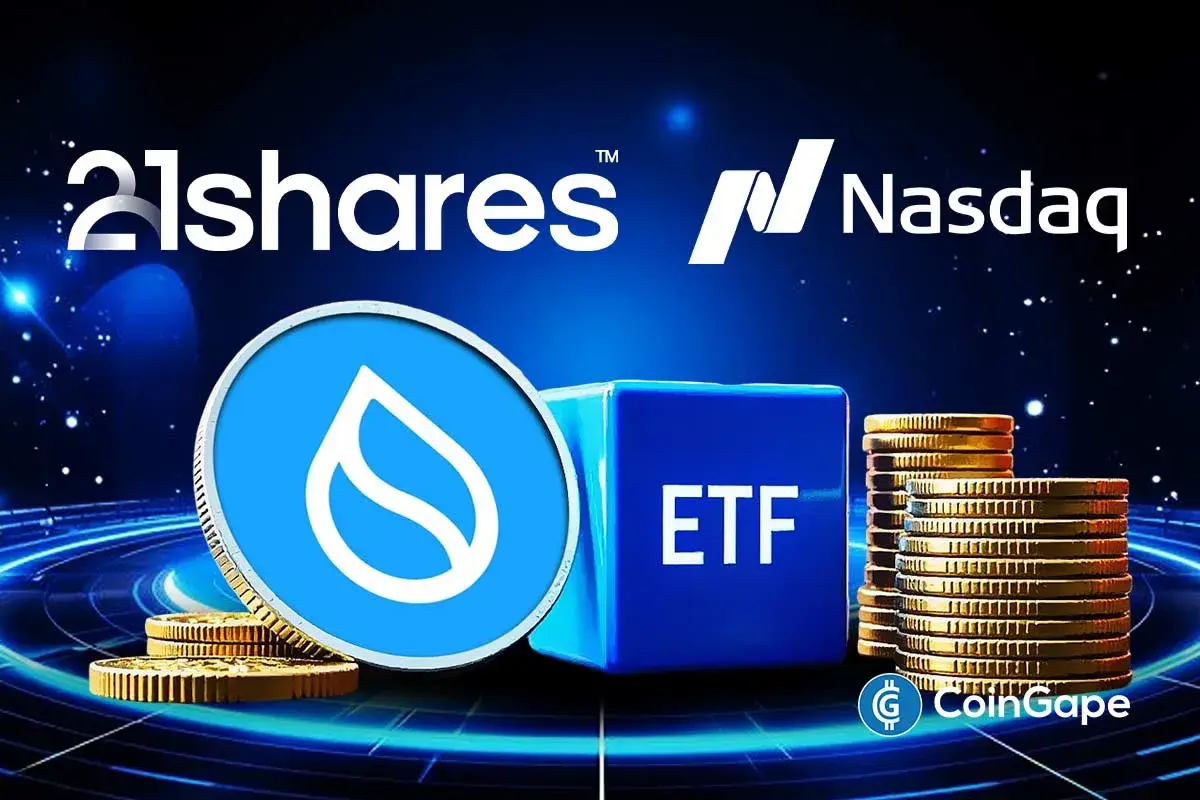South Korea: Largest Crypto Exchange to start KYC verification Amid crackdown

As South Korea’s largest exchange, Upbit gets closer to acquiring its registration certification from the Financial Intelligence Unit (FIU) under the Financial Services Commission (FSC), it has announced the imposition of a stricter verification process in lieu of the updated anti-money laundering regulations.
Upbit has informed its users that trade amounting to over 1 million won on its platform, must pass KYC verification. According to local news platforms in Korea, from the 1st of next month, i.e., tomorrow, Upbit will enable the ID verification process on all transactions of 1 million won and above.
Starting next month, Koreans which trade more than 1 million won on Upbit, must pass KYC verification. Similar to the situation facing China, this will also cause some users to switch to DeFi. https://t.co/WiLqymYonM
— Wu Blockchain (@WuBlockchain) September 30, 2021
Furthermore, Upbit noted that transactions less than one million won will get a grace period of one week and for these accounts’ verification will begin from October 8 to prevent traffic overload. Additionally, another grace period will be granted for outstanding orders that have not been executed before 1st October. These accounts will be allowed time till October 7 to complete their verification. However, failure to do so will result in suspension on all accounts alike, post their deadlines. Unverified accounts with a total balance of approximately 100 billion won, will further be refunded to the users under the real name trading obligation, upon failure to follow verification guidelines.
South Korea Govt bans VASP native token trading
South Korean crypto crackdown is moving forward in the fifth gear as regulators impose one after another policy on the crypto community to deanonymize the sphere and curb money laundering in the region. Coingape’s recent coverage revealed that the South Korean Financial Services Commission (FSC) has banned Virtual Asset Service Providers (VASP) and their employees from trading their platforms’ Native tokens. The conflict-of-interest rule, followed by a revision to the Enforcement Decree of the Act on Reporting and Using Specified Financial Transaction Information has been implemented in the country.
“The conflict-of-interest rule prohibits VASPs from trading virtual assets issued by their own platforms or by other specially related entities and restricts operators and staff members of VASPs from trading virtual assets via their own platforms. The measures are intended to prevent damages to users and improve transparency in virtual asset transactions.”
- Expert Predicts Deeper Bitcoin Decline as JPMorgan CEO Warns of Similarities to the 2008 Financial Crisis
- Trump Won’t Pardon FTX’s Sam Bankman-Fried (SBF), White House Says
- Third Spot SUI ETF Goes Live as 21Shares Fund Launches on Nasdaq
- Mark Zuckerberg’s Meta Reportedly Eyes Stablecoin Integration This Year Amid Regulatory Clarity
- Coinbase Rivals Robinhood As It Rolls Out Stocks, ETFs Trading In ‘Everything Exchange’ Push
- Cardano Price Signals Rebound as Whales Accumulate 819M ADA
- Sui Price Eyes Recovery as Third Spot SUI ETF Debuts on Nasdaq
- Pi Network Price Eyes a 30% Jump as Migrations Jumps to 16M
- Will Ethereum Price Dip to $1,500 as Vitalik Buterin Continues Selling ETH?
- XRP Price Outlook as Clarity Act Passage Odds Plunge to 53%
- COIN Stock Risks Crashing to $100 as Odds of US Striking Iran Jump

 Claim Card
Claim Card
















